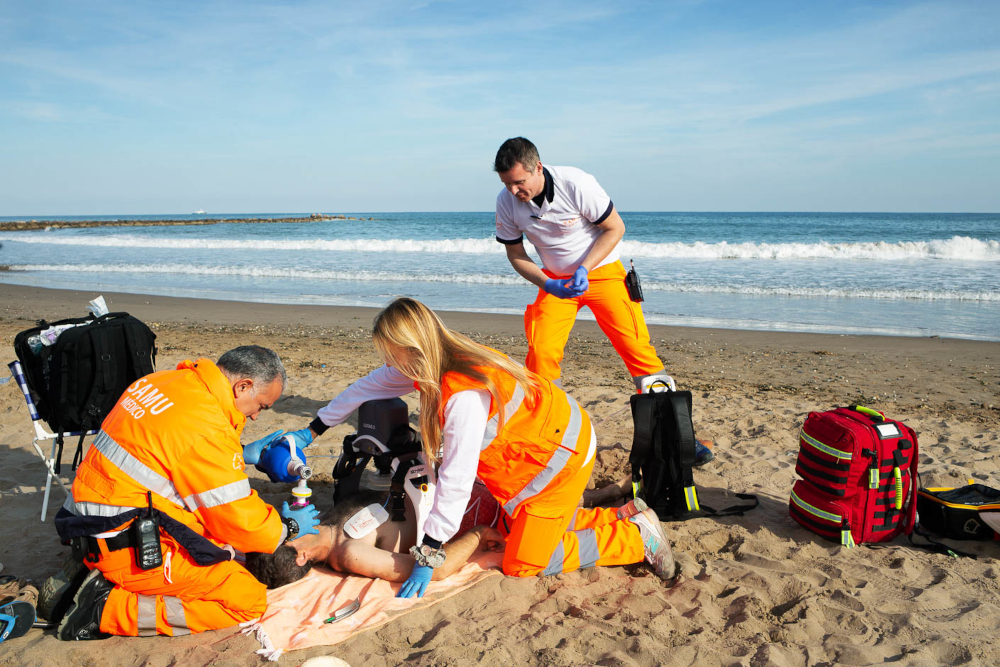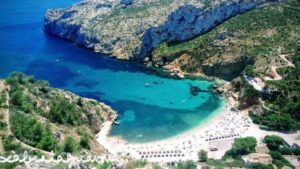Regional government issues recommendations for safe bathing during the summer
The recommendations include respecting beach flags and the instructions of the lifeguard service as well as being extra vigilant with young children.

Tuesday 27th June 2023
Mike Smith
As the start of another hot summer encourages people to head to the coast and swimming pools, the Valencian regional government has issued a recommendation for extreme caution to avoid the danger of drowning in bathing areas.
Among the basic recommendations that bathers should follow when they are in swimming pools, or at beaches and other natural spaces, the choice of safe places for bathing with lifeguard services is top of the list as well as the need to follow the instructions that are made at all times.
This includes respecting the beach flags flown by the lifeguard service to indicate the bathing status (green = bathing permitted, yellow = bathing permitted but with caution, red = bathing not permitted), not straying too far from the shore in natural spaces, not jumping from rocks and cliffs, and being extra careful with lilos and other inflatable floating devices to avoid being dragged out to the sea by strong currents and winds.
The director of the Comunidad Valenciana’s Health Emergency Service (SESCV), Begoña Arcos, also highlighted the importance of avoiding solo bathing at any age, because of the time that it takes to alert the emergency services can be vital in the case of a health emergency. Bathing should be adapted to the physical condition and age of the bather and excessive effort should be avoid in older adults.
She added that bathing immediately after a meal is not recommended as one of the factors that makes the loss of consciousness or dizziness more likely is the process of digestion, which can lead to drowning.
Dr. Arcos also called for special attention to children since they are one of the most vulnerable groups to drowning and called for constant vigilance, even when they are not bathing, and never leave them alone, especially in swimming pools, where carelessness can be fatal.
In the specific case of swimming pools, it is recommended not to dive near drainage areas or play with the grates whilst also removing toys and inflatables from the pool and the surrounding area when not in use. In addition, the installation of a security fence around private swimming pools is essential to prevent the accidental drowning of minors.
If any member of the public witnesses an accident whilst bathing, it is essential to call 112 immediately. Only then should anyone who knows how to perform a cardiac massage carry out the procedure, using the basic CPR procedure until the arrival of the emergency services. Even those who have no experience of the technique can receive instruction over the phone from one of the coordinating doctors of the CICU (Emergency Information and Coordination Centre) after calling 112.
All the recommendations for safe bathing can be found on the SESCV website here as well as the technique for performing CPR and cardiac massage.





